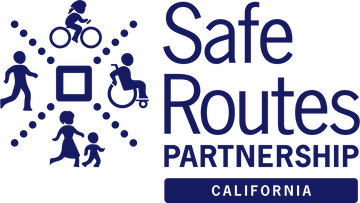Late last month, State Senator Jim Beall (District 15, Santa Clara) introduced SB 152, which would radically restructure the Active Transportation Program, reducing the statewide component to 10% from its current 50% while increasing the Metropolitan Planning Organization component from 40% to 75% and the Small Urban and Rural component from 10%-15%. It would also exempt MPOs from meaningful oversight in their competitions, and any minimum funding requirement for projects benefitting disadvantaged communities. Together with our partners in statewide advocacy, we submitted a letter of oppose unless amended on April 2. Our concerns fall into five broad categories, which are detailed in the letter:
SB 152 fails to address the programs biggest problem: insufficient funding to meet community needs statewide.
SB 152 ignores the existing flexibility Metropolitan Planning Organizations (MPOs) currently have to develop their own programs. Instead, SB 152 grants even more leeway to MPOs to ignore current statutory priorities for the ATP, such as public health, benefits to disadvantaged communities, and strong community engagement in project development.
SB 152 limits rural communities’ access to program funding by shrinking the share of funds they are eligible to apply for from 60% to 25%.
State ATP funding should not be limited to “transformative” projects.
SB 152 undermines the transparency and stakeholder process that has made the ATP a model for other state funding programs.
Last week, California Senior Policy Manager Jonathan Matz gave public comment at the Senate Committee hearing at which SB 152 was heard. Ultimately, the legislation was passed, albeit with major concerns expressed by numerous committee members who made clear they expected to see substantial amendments to the bill going forward. While we maintain our interest in working with the author and sponsors to shape the bill, we remain committed to ensuring that the ATP continues to meet its goals as set in statute and that the program retains its status as a case study for transparency and stakeholder engagement. Please let us know if your organization is interested in helping our efforts by emailing Jonathan at jonathan@saferoutespartnership.org.


